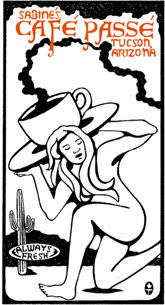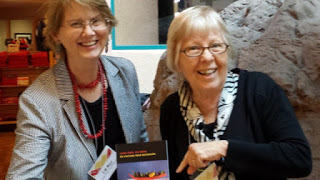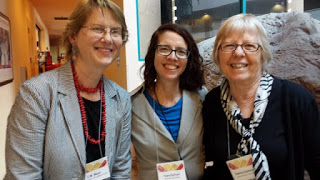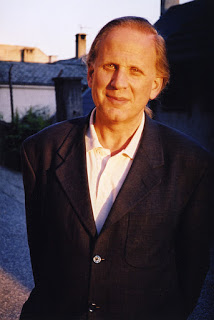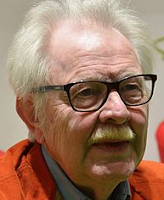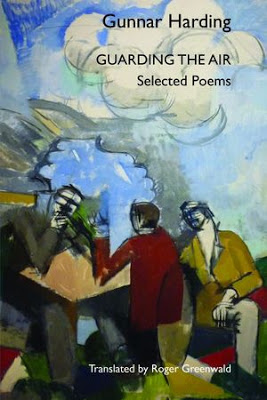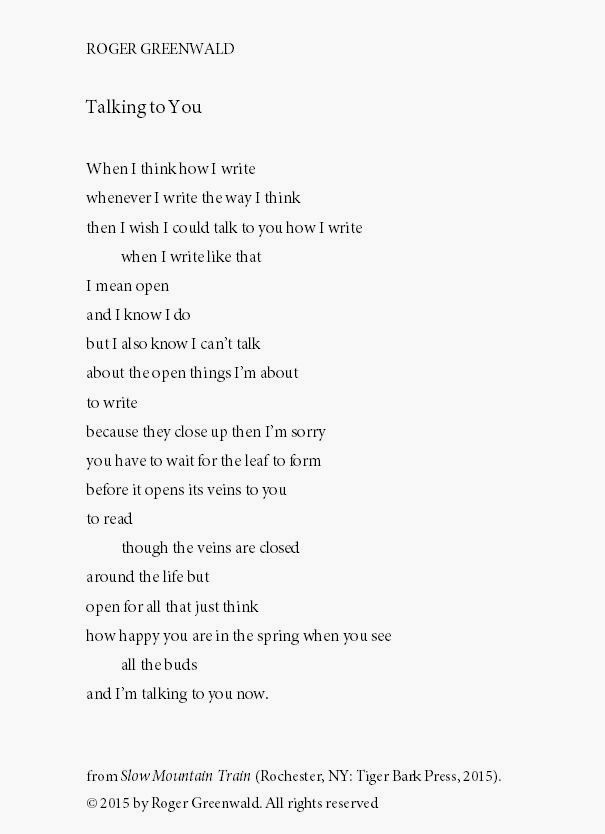

Thanks to the pandemic, I’ve just finished up with two virtual conferences, the American Literary Translators Association’s, which was to have been held in Tuscon, Arizona and went to Crowdcast, and Women Writing the West, slated for Colorado Springs, which ended up on Zoom. Kudos to all the many volunteers who made these conference conversions-to-virtual possible, and on relatively short notice! There was a learning curve, indeed! I did my nitpicks on their respective post-conference surveys, but in all, I’d call both conferences well done, well worthwhile to have participated in, and I am sincerely grateful.
For the American Literary Translators Association I read an excerpt from my translation of Mexican writer Rose Mary Salum’s short story “The Aunt,” and for Women Writing the West I gave a break-out workshop on poetic technique for fiction and narrative nonfiction. I also pitched a bunch of agents and editors, something I always find worthwhile for one reason or another (that would be another blog post). And there were cornucopias of readings and panels to Zoom in on. I guess that’s a new use of that verb.
Will I participate in another virtual writers conference? You betcha. I’m already planning on the Biographers International virtual conference scheduled for spring 2021. UPDATE Jan 2022: Meh.
It was weird, though. And frankly, the benefit of attending a conference isn’t quite so much in the quality of the panels, workshops, and readings— valuable and appealing as those may be— so much as it is the chance to get together with friends and colleagues old and new whether in scheduled meetings or serendipitous chats over coffee during the breaks, or say, in the evening, at a reading. For me conferences are about the people, and having to view those people boxed in Hollywood-Squares-style on a screen, and interact via computer program, and all while being recorded… Ick.
On the other hand, a real world conference can be far more expensive, time consuming, and exhausting—as you might guess if you read my report on AWP 2019. But I think that those massive conferences have had their Chicxulub. Post-corona, I wouldn’t be surprised to see AWP and some others, such as ALTA and Women Writing the West, return to their real world versions, however, on a much more modest and with tandem cheaper virtual options on offer—the latter at once appealing to new groups of participants and cannibalizing demand for the former. Many may remain virtual conferences permanently.
I took two lessons from these two recent virtual conferences, both surprising to me.
First, it’s really nasty, event after event, day after day, having to look at people’s grayish and distorted faces, swaths of oddly tilted ceilings, peculiarly placed pictures, and random household clutter. Ergo, turn the lights on, and clean the joint up! Get the camera elevated enough to avoid pointing at the ceiling (this can be accomplished by sitting the laptop on top of a fat book), and sit back a ways, so your face looks more natural. Thank you.
Second, email follow-up, always vital to making a conference worthwhile, has become even moreso.
The saddest, though unsurprising, thing to me about these virtual conferences was the fate of the book fair. Both conferences offered a virtual bookstore—at a click from each conference’s online brochure, the books of keynote speakers, award winners, panelists, could be found for sale online. But I missed both of them. By Jove, I already spend too much time sitting in front of a screen! Back when these conferences were held in the real world, however, strolling and browsing the conference book fair was always a joy.
Dear writerly reader, these virtual conferences may be here to stay, they do have some attractions and important benefits, and of course I would agree that, as I’ve heard others say many a time in recent months, they are “better than nothing.” I do not consider them an unalloyed “development,” however, for in turning us into disembodied images, and herding these images into the little boxes dictated by software programs, they seriously impoverish us as human beings.
I am ever-haunted by E. M. Forster’s “The Machine Stops.”

Notes on Stephen L. Talbott’s The Future Does Not Compute
The Book As Thoughtform, the Book As Object:
A Book Rescued, a Book Attacked, and
Katherine Dunn’s Beautiful Book White Dog Arrives
Waaaay Out to the Big Bend of Far West Texas,
and a Note on El Paso’s Elroy Bode


